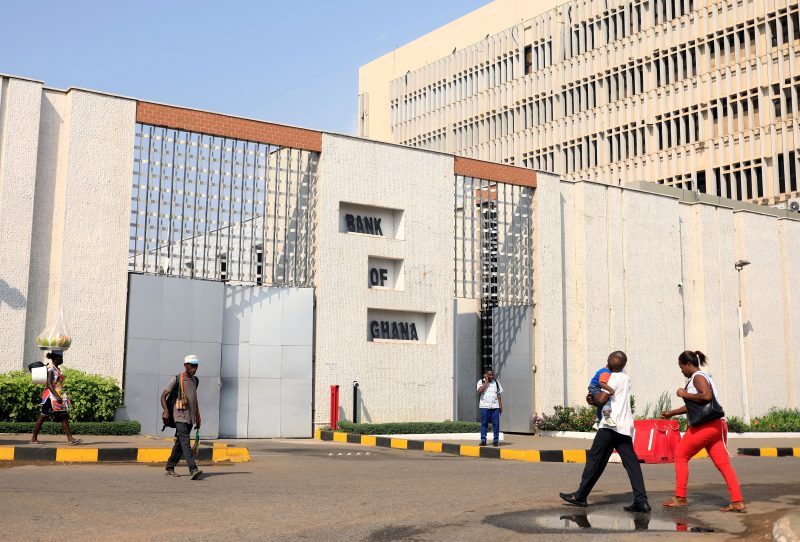The Bank of Ghana (BoG) has introduced draft regulations aimed at establishing a comprehensive framework for the cryptocurrency industry in the country. Released on August 16, these proposed rules seek to protect consumers, combat financial crimes, and promote financial inclusion. The move comes as the use of digital assets like Bitcoin (BTC) and stablecoins such as USDT gains traction among Ghana’s tech-savvy population.
Addressing the Rise in Digital Asset Use
The central bank’s decision to propose these regulations follows a detailed analysis of digital assets and their growing role in the economy. While the adoption of cryptocurrencies in Ghana is still relatively low compared to traditional financial systems, the BoG has recognized the increasing significance of virtual assets in cross-border payments and remittances. This rising use of digital assets underscores the need for clear regulatory oversight to prevent money laundering, fraud, and cybersecurity risks.
The draft regulations focus primarily on overseeing cryptocurrency exchanges and virtual asset service providers (VASPs). According to a report in Graphic Business, these entities will be required to register with either the central bank or the Ghanaian Securities and Exchange Commission (SEC). In addition to registration, exchanges must report any suspicious transactions to the Financial Intelligence Center to ensure compliance with anti-money laundering laws.
Strict Standards for VASPs and Financial Institutions
Under the proposed regulations, VASPs will need to meet stringent standards, including maintaining specific capital requirements and implementing robust internal controls and risk management frameworks. The draft also stipulates that commercial banks and registered financial institutions are only permitted to offer services to registered VASPs. Notably, these institutions are prohibited from directly dealing with virtual asset businesses, ensuring that all crypto-related activities are subject to oversight.
Before the regulations are finalized, the Bank of Ghana plans to conduct a sandbox testing phase to identify any potential issues and make necessary adjustments. The public has been invited to provide feedback on the proposed regulations until August 31, allowing for broader input before the rules are officially implemented.
